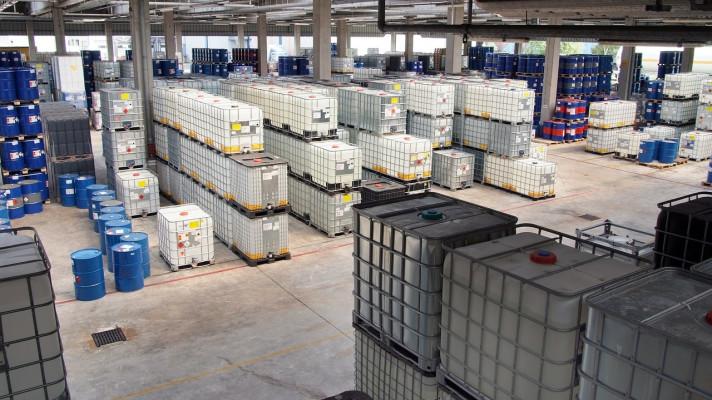BRUSSELS - One of Europe\'s biggest plastics industries, PVC, faces months of uncertainty before it knows whether it will face tough new environmental restrictions, European Union sources said.
PVC cleans up image, but fears EU regulation
The $70 billion European polyvinyl chloride industry - demonised by environmentalists as a major polluter - hopes to fend off burdensome new green regulations by offering to help clean up more of its own waste and phase-out toxic additives.
But despite a beefed-up industry commitment to greener practices, EU lawmakers are still considering legislating against what environmentalists have dubbed the \"poison plastic\".
Internal differences within the Commission over how to treat environmental commitments by industry have delayed the publication of a policy paper on PVC, officials told Reuters.
\"Yes it\'s blocked because there is no agreement,\" one official said.
Environmentalists are pushing for a PVC phase-out. The chlorine-based vinyl creates dioxins when incinerated, and the cocktail of additives used to soften or stabilise it also poses risks, Greenpeace says.
But the versatility and cheapness of the plastic, used in a massive variety of products - like pipes, cables, floors, packaging, clothing and toys - means its popularity is increasing and output grows by between one and three percent per year.
The industry department at the European Commission favours endorsing the voluntary approach, but its environment office says this would alienate the European Parliament, which has complained loudly in the past that such deals deny it a say.
The Commission is drafting a separate policy paper on how to deal with voluntary agreements, but this has been delayed for procedural reasons, officials said. Some Commission officials also feel the industry\'s commitment is too weak.
Industry wants the EU to endorse its voluntary approach, which includes a commitment to phase out lead additives, used to stabilise the plastic, by 2015 and a target of recycling 15 percent of all PVC waste by 2010.
\"We would like to see a clear message from the Commission confirming that they haven\'t found any element that could justify restrictions on the use of PVC in the future,\" Jean-Pierre de Greve, head of the European Council of Vinyl Manufacturers, told Reuters.
Greenpeace is campaigning against the voluntary approach, saying it is an easy way for firms to duck regulation. \"I am relieved that they haven\'t given in to the voluntary commitment,\" Greenpeace\'s Jorgo Iwasaki-Riss said.
\"It is completely inadequate.\"
REUTERS NEWS SERVICE
Sdílet článek na sociálních sítích
